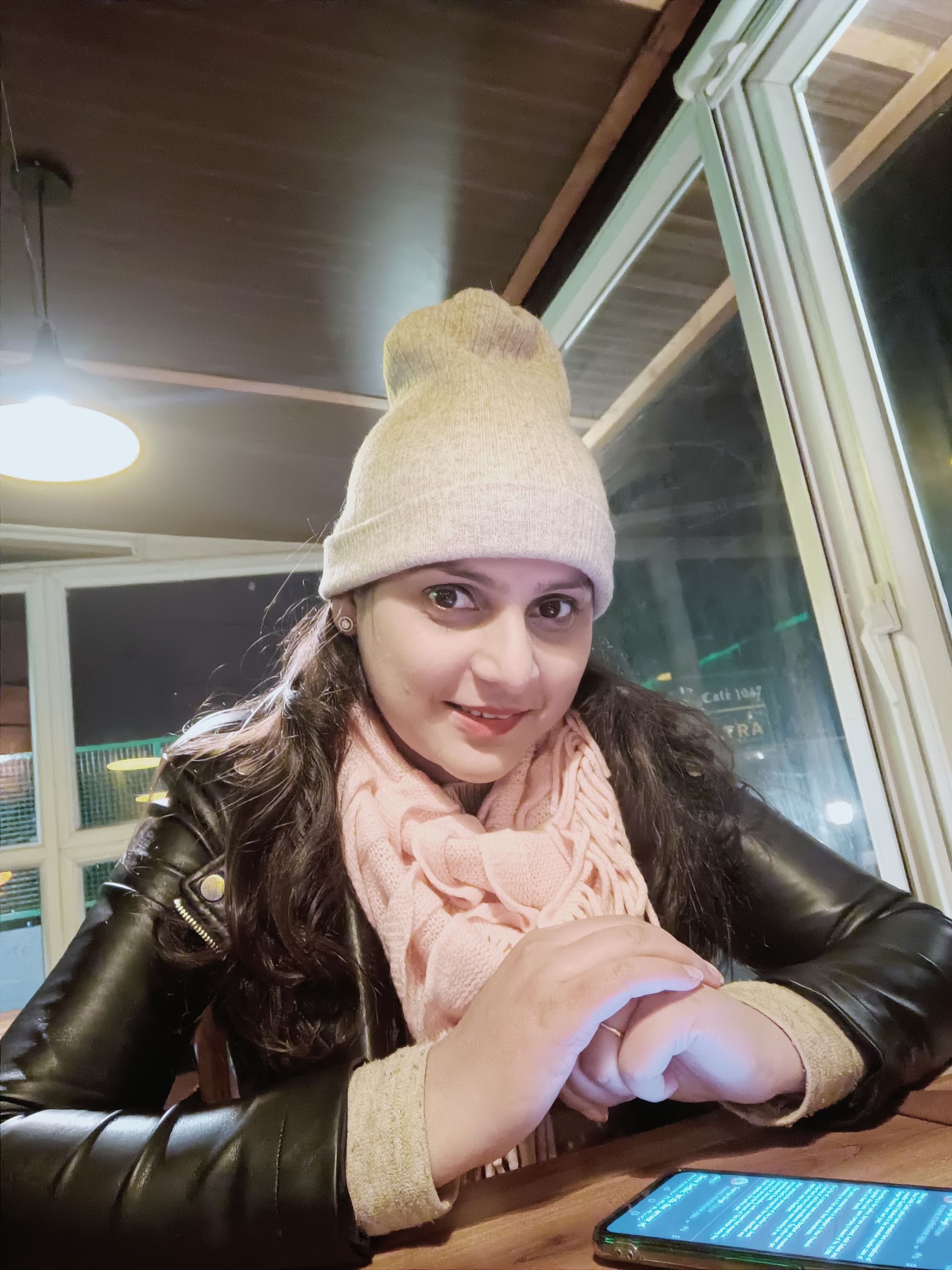Indian-origin academician receives ERC consolidator grant
The consolidators are part of the European Union’s Horizon Europe programme.
.jpg) Sanjukta Sunderason / University of Amsterdam
Sanjukta Sunderason / University of Amsterdam
The European Research Council (ERC) has awarded its consolidator grant to an Indian origin researcher Sanjukta Sunderason. These grants awarded to 308 researchers this year enable them to establish themselves as independent research leaders.
The funding will support excellent scientists and scholars at the career stage, where they may still be consolidating their own independent research teams to pursue their most promising scientific ideas.
Sanjukta is currently a senior lecturer in history of art at the University of Amsterdam, the Netherlands. A historian of aesthetic and intellectual formations of 20th-century decolonization, she researches the interfaces of visual art, left-wing thought, and transnational histories of postcolonial modernities.
The Kolkata native is the author of Partisan Aesthetics: Modern Art and India’s Long Decolonization (2020). She completed her graduation in history from Presidency College in Kolkata and has done both her masters and MPhil at the Centre for Historical Studies, Jawaharlal Nehru University, New Delhi, India, before doing her PhD in art history (Department of History of Art, University College University, London, United Kingdom).
In her research, Sanjukta removes the concept of freedom from the hegemonic contradictions of ‘First World’ versus ‘Second World’ values and instead examines freedom through (artistic) interventions and representations of independence, liberation, and emancipation in the ‘Third World’.
According to a release shared by the university, she proposes turning ‘decolonial modernisms'—modernist art that emerged uniquely within 20th-century decolonization—into critical historical archives to develop new methodologies for theorising decolonization through dialogue and solidarity, as well as through the differences and contradictions that shape the Global South.
ADVERTISEMENT
ADVERTISEMENT
E Paper
Video

 Supriya Singh
Supriya Singh








.jpg)
.jpg)


Comments
Start the conversation
Become a member of New India Abroad to start commenting.
Sign Up Now
Already have an account? Login